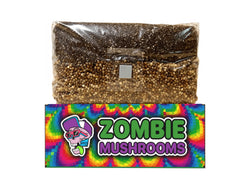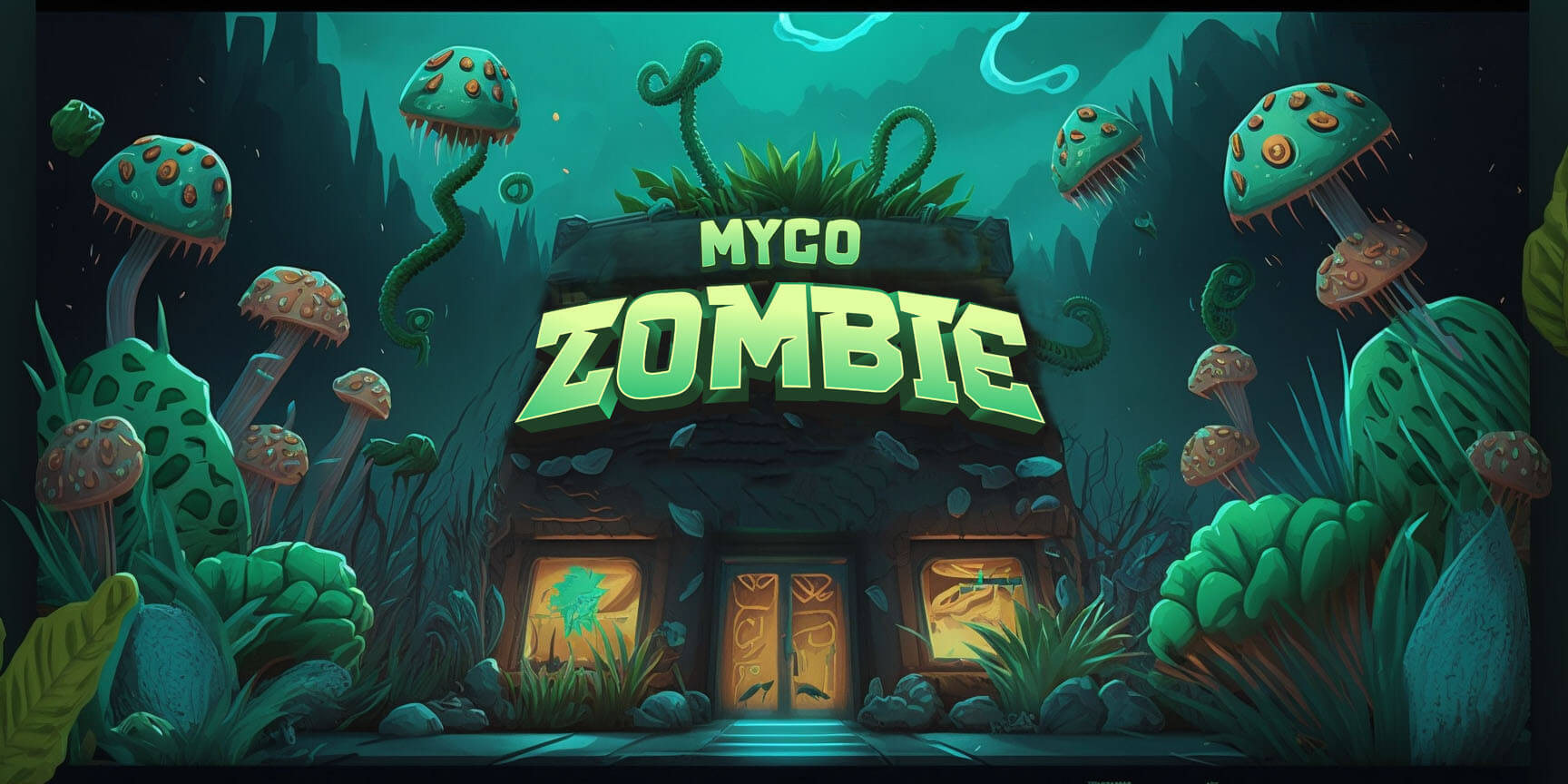⬇️ Prefer to listen instead? ⬇️
- A 2017 study showed that psilocybin produces rapid and sustained antidepressant effects with as few as one or two sessions.
- Colorado mandates over 150 hours of facilitator training to ensure safe, ethical psilocybin therapy.
- Prices for a single psilocybin session in Colorado range from $500 to $3,000, raising concerns about affordability.
- FDA-approved clinical trials using psilocybin therapy are showing promising results for PTSD and treatment-resistant depression.
- Colorado’s model, unlike recreational drug markets, emphasizes therapy, integration, and licensed facilitators over retail access.
Colorado just made a big move in psychedelic medicine. The Center, in Denver, is now the first licensed psilocybin therapy place in the state. This is a big win for mental health care choices and a major change in how we see and give wellness. State-approved psilocybin services are now real. They are not experimental anymore. They are controlled, guided, and could become normal one day.

What Is Psilocybin Therapy?
Psilocybin therapy is a type of treatment that uses the active ingredient in some mushrooms to help with emotional, mental, and spiritual healing. Unlike using it for fun, this therapy is not about tripping. It is a guided experience led by trained people in a safe, approved place. It mixes the helpful parts of psilocybin with talking therapy, being mindful, and complete care to help different mental health problems.
Usually, people start by getting ready. They decide what they want to get out of it and talk about their mental health history with the guides. Then comes the session with the psilocybin. This happens in a calm, safe room and can take many hours. After, sessions to help understand the experience help people process what happened and use what they learned in their daily lives.
New studies show that psilocybin can really help mental health. One important study found that just one dose, not too small or too big, given with a therapist watching, made people feel less depressed quickly, and the good effects lasted for months (Carhart-Harris & Goodwin, 2017). Studies also show psilocybin therapy can make symptoms of PTSD, major depression, and fear of death in very sick people less severe.

Launching the First Colorado Psilocybin Center
The opening of Colorado’s first licensed psilocybin therapy center is a big step. It shows that using psychedelic medicine in a legal, controlled way is actually happening. Elizabeth Cooke, Co-Founder and CEO of The Center in Denver, is leading this change.
Cooke has worked in the cannabis business for years. She saw how some of the first legal cannabis efforts in the country worked. This experience helped her learn how to combine following rules with complete healing methods. Her team got past big challenges to start up. They got business permits, passed tough inspections of their site, trained people, and got state licenses. They made a place that fits both the legal and therapy needs of Colorado’s new psilocybin program.
Colorado says places like The Center must follow rules like over 150 hours of training for guides and serious safety plans. Guides must know about trauma, understand different cultures, and know how to help people understand their psychedelic experience. This makes sure clients get full care before, during, and after the session.
The start of The Center sets an example for other Colorado psilocybin centers in the future. They could be safe, run in an ethical way, and focus on client well-being while following strict state rules.

Cannabis as a Roadmap: What Psychedelics Are Learning
Colorado's very open view on psychoactive substances owes much of its current success with psilocybin to earlier times controlling cannabis. Psilocybin is following cannabis, but with key differences that show a stronger therapy focus.
Both pushes for legalization started from regular people wanting control over their bodies, alternative medicine, and changes to criminal justice. Cannabis made it easier socially by getting people used to plant-based treatments and making alternative wellness ideas more normal. This cultural warming effect has really helped introduce psychedelic medicine to the mainstream.
But, unlike how cannabis was rolled out in Colorado, psilocybin is not being sold for fun. The focus is “care over commerce.” Stores are not part of the plan. Instead, the law tightly limits use to state-licensed centers with certified guides. This is a clear move away from just using a product and toward deep therapy work.
This way, the state has kept away from many problems seen in early cannabis markets. These include too much focus on business, prices being too high, and inconsistent product quality. With psilocybin, the main thing is client safety, change, and therapy, not how much is used or how much profit is made. It shows the state is treating psychedelic medicine as a real treatment, not just the next way to make a lot of money.

How Colorado’s Psychedelic Medicine Model Stands Apart
Colorado's psilocybin plan is not just like Oregon’s. It adds new things that could be a national example. All of this is based on Proposition 122, the Natural Medicine Health Act, approved by voters in 2022. Prop 122 made some psychedelics less illegal and allowed for controlled psilocybin therapy, focusing on safety, ethics, and being open to everyone.
Different from normal therapy models or typical drug policy changes, Colorado’s system puts guides, not doctors or drug companies, at the center of healing. These trained people act as guides, holding a safe space for clients as they go through often hard emotional times.
Another new part of Colorado's law is that it allows for group therapy sessions and ceremony-like approaches. These settings are not as clinical and respect old traditions while also possibly being a cheaper and more community-based way to heal.
Also, the law makes a system where other natural psychedelics like non-peyote mescaline, ibogaine, and DMT might be added to the controlled system later. This makes the state likely to become a center for different types of psychedelic therapy.

Scaling an Extremely Personal Healing Tool
While psilocybin therapy is clearly powerful, its structure creates big problems for making it available to many people. Each session takes a lot of resources. It starts with 1–2 hours of getting ready counseling, then a guided session that can last 6–8 hours, and then several sessions to understand the experience. It's not a fast fix, but a deep process.
This depth needs very trained guides, comfortable and safe places, and careful client screening and follow-up. Colorado deals with this by requiring at least 150 hours of training for guides, often through private programs that can cost $10,000 to $20,000. These training costs then make sessions expensive for clients.
Centers also need site checks, insurance for problems, trauma-care rules, and ongoing learning to keep their license. This makes running them even more costly.
To make it more available, some Denver places are trying group sessions, support groups for microdosing, and fees that change based on income. But until cheaper ways or insurance coverage become available, psilocybin therapy is still very personal but hard to get to for many people.

Who Benefits from Psilocybin Therapy?
Many clients seek psilocybin therapy for deep mental health issues, but it can help with more than just sickness. People who support psychedelic medicine say psilocybin is also good for personal growth, better emotional control, deeper self-understanding, and even stronger spirituality.
Studies and personal stories show it helps lessen deep sadness, change bad habits, and build a feeling of connection. These are key for both mental wellness and spiritual growth.
Colorado’s law shows this wider potential by not only allowing people with a diagnosis to use it. Adults can use therapy for emotional self-discovery, life changes, dealing with loss, addiction help, or just to find more meaning in their lives.
This more open model lets in creative people, spiritual people, healthcare workers, and others who may not be in clinical trials but could still get a lot of benefit. Because of this, psilocybin therapy is changing what wellness means. It’s not just avoiding sickness, but growing emotional depth and purpose.
Cost, Equity, and the Question of Access
One of the biggest worries in starting Colorado psilocybin centers is cost and how easy it is to get to. Current price ideas, from places like Psychedelic Alpha, say sessions cost from $500 to $3,000 per treatment. This includes getting started, the session, and work to understand it after. But it is still too expensive for many.
These costs are too high for people with low incomes and minority groups. These groups have often had more mental health problems and been left out of healthcare systems. Also, the psychedelic world has not been very diverse for a long time, partly because of price, partly because of old systems.
Even though Colorado's law has words about making things fair, it has been slow to happen in reality. Help with costs, working with nonprofits, community-based plans, and more use of group therapy could help fix this problem.
But without more insurance involvement or state money, access may mostly be for the rich. This would hurt some of the most hopeful possibilities of psychedelic medicine.
The Burden of Regulation and Responsibility
Opening a Colorado psilocybin center is hard and more than just running a normal wellness clinic. State rules need detailed plans for how to run things, strict following of safety rules, and ongoing staff training.
Getting a license at first is not the end. Centers must promise to follow rules long-term, keep records of results, have plans to keep employees, and protect patient privacy.
While these rules make sure therapy is good quality, some say they may stop new ideas or slow down growth, especially for small businesses or businesses owned by minorities trying to get into psychedelic medicine.
Still, the very controlled system has a good side. Clients can feel sure that their care is given under one of the safest systems in the country.
What's Happening Beyond Colorado?
Colorado may be leading the way in legal psilocybin services, but it’s not the only one shaping this new area. Oregon started its own legal psilocybin therapy program before Colorado. It is both an example and a warning. Oregon was first, but it had early problems with how to do things and funding that Colorado is trying to avoid.
In other places, like Oakland, Seattle, and Washington, D.C., steps have been taken to make psychedelics less illegal. They focus on reducing harm and respectful use instead of criminal punishments.
Still, big problems are left at the federal level. Psilocybin is still listed as a Schedule I drug. This means it is seen as having “no accepted medical use” even though there is more and more proof that it helps. Research groups like the Multidisciplinary Association for Psychedelic Studies (MAPS) are leading clinical trials. They are pushing for FDA approval in areas like PTSD, where normal treatments are not enough.
If these trials keep showing safe and helpful results, federal reclassification could happen. This could bring the official approval and insurance coverage that psychedelic medicine really needs.

What This Means for Mushroom Enthusiasts and At-Home Culture
While legal therapy centers are the official way to get psilocybin services in Colorado, the cultural effects of legalization are spreading into more homes and communities.
Interest in growing mushrooms at home, especially legal medicinal mushrooms like lion’s mane, cordyceps, and reishi, is growing fast. People are trying out the mental and immune benefits of these mushrooms. They don’t have psilocybin but may have strong brain-boosting effects.
Also, in places where growing or making less illegal exists, there is more interest in learning tools, microdosing plans, and DIY mushroom growing kits. This is true even if they are just for legal functional types for now.
Businesses such as Zombie Mushrooms are helping remove the taboo by giving guidance and safe ways for mushroom wellness. Whether someone is trying reishi tea or thinking about microdosing psilocybin, mushroom culture is growing quickly in both normal and alternative groups.
A Cautious but Hopeful Path
Psilocybin therapy in Colorado is not just an idea anymore. It’s a controlled, working, and possibly groundbreaking way of healing. From depression to personal discovery, psychedelic medicine can be used in many ways. It comes from both old traditions and new science.
Still, problems are left. Access, cost, fairness, and federal law are pieces that still need to be worked out before psilocybin therapy can become a normal part of mental health treatment.
But as Colorado’s plan gets better, and as more people see how psilocybin can heal, things are changing. Well-trained guides, ethical centers, and an informed public may one day make a healthcare system where psilocybin is not unusual but part of what is normal.
Whether through therapy sessions or lion’s mane in your kitchen, the mushroom change is here, and it's about healing.
Citations
- Carhart-Harris, R. L., & Goodwin, G. M. (2017). The Therapeutic Potential of Psychedelic Drugs: Past, Present, and Future. Neuropsychopharmacology, 42(11), 2105–2113. https://doi.org/10.1038/npp.2017.84
- Colorado Department of Regulatory Agencies. (2023). Natural Medicine Division – Regulatory Framework. https://dpo.colorado.gov/NaturalMedicine
- Colorado's Proposition 122, Natural Medicine Health Act. (2022). https://leg.colorado.gov/sites/default/files/2022e_filed_prop_122.pdf
- Multidisciplinary Association for Psychedelic Studies [MAPS]. (2022). Psychedelic Studies Progress Report. https://maps.org
- Shulgin, A., & Shulgin, A. (1997). TiHKAL: The Continuation. Transform Press.




